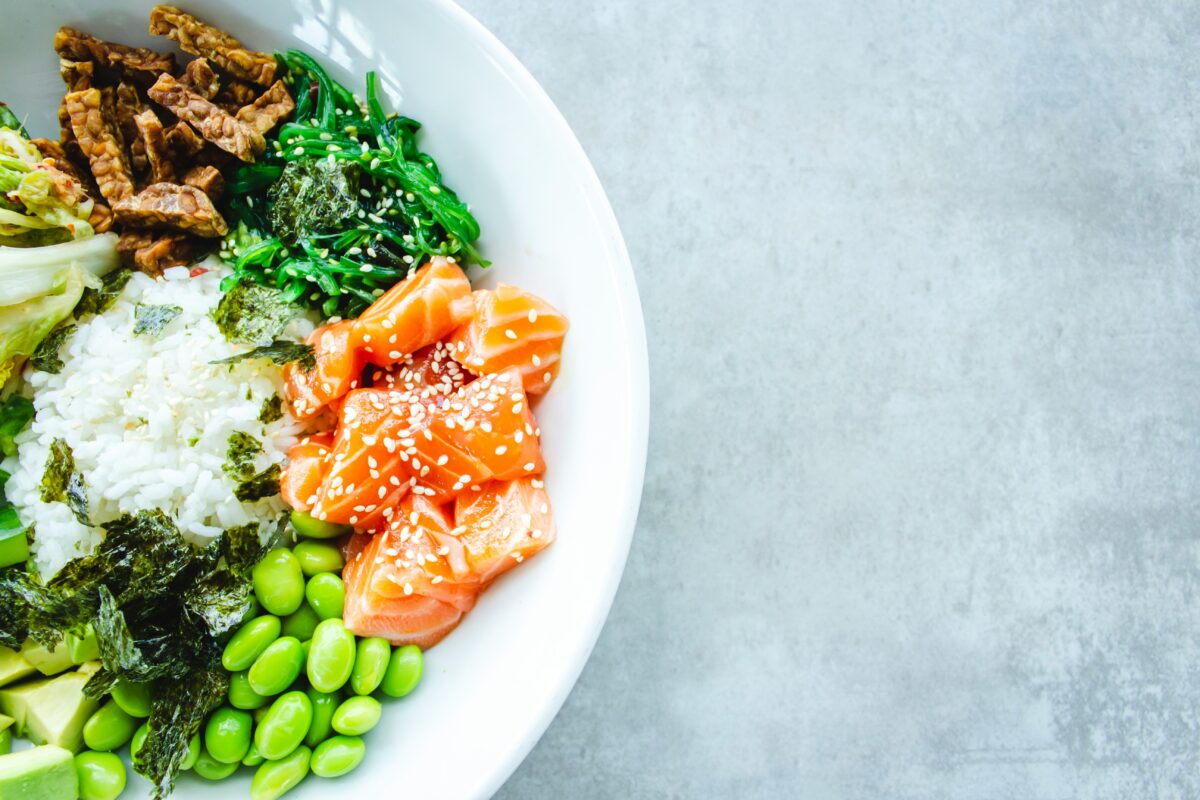NUTRITION AND DIET
Nutrition and Diet: Cornerstones of Fitness
Nutrition and diet play pivotal roles in achieving fitness goals, whether you’re aiming to build muscle, lose weight, or enhance overall health and performance. Understanding how to nourish your body with the right nutrients, in the right quantities, is essential for maximizing workout effectiveness, promoting recovery, and sustaining long-term wellness.
Key Components of a Balanced Diet for Fitness
- Macronutrients (Proteins, Carbohydrates, Fats):
- Proteins: Essential for muscle repair and growth. Sources include lean meats, poultry, fish, eggs, dairy, legumes, and plant-based protein sources like tofu and tempeh.
- Carbohydrates: Provide energy for workouts and replenish glycogen stores. Opt for complex carbs like whole grains, fruits, vegetables, and legumes, which offer sustained energy release.
- Fats: Necessary for hormone production and absorption of fat-soluble vitamins. Include healthy fats from sources like avocados, nuts, seeds, olive oil, and fatty fish.
- Micronutrients (Vitamins and Minerals):
- Vitamins: Support various bodily functions, including immune health, energy production, and tissue repair. Consume a variety of fruits, vegetables, and whole grains to obtain a wide range of vitamins.
- Minerals: Important for bone health, muscle function, and fluid balance. Sources include leafy greens, nuts, seeds, dairy products, and seafood.
- Hydration:
- Adequate hydration is crucial for maintaining optimal performance during workouts and promoting overall health. Water is the best choice for staying hydrated, but herbal teas and electrolyte-rich beverages can also contribute to fluid intake.
Nutritional Strategies for Fitness Success
- Pre-Workout Fuel:
- Consume a balanced meal or snack 1-3 hours before exercise, focusing on complex carbs and lean proteins to provide sustained energy. Avoid heavy meals that may cause discomfort during workouts.
- Post-Workout Recovery:
- Refuel with a combination of protein and carbohydrates within 30-60 minutes after exercise to support muscle recovery and glycogen replenishment. Examples include a protein shake with fruit, yogurt with granola, or a turkey sandwich on whole grain bread.
- Meal Timing and Frequency:
- Aim for regular meals and snacks spaced throughout the day to maintain energy levels and support metabolism. Avoid long periods without eating to prevent energy dips and overeating later.
- Nutrient Density:
- Choose nutrient-dense foods that provide essential vitamins, minerals, and antioxidants without excessive calories. Incorporate a variety of colorful fruits and vegetables, whole grains, lean proteins, and healthy fats into your meals.
- Portion Control:
- Be mindful of portion sizes to prevent overeating and maintain a healthy weight. Use visual cues, portion guidelines, or tracking tools if needed to ensure balanced meals.
Adapting Nutrition to Fitness Goals
- Weight Loss: Create a calorie deficit through a balanced diet and regular exercise. Focus on nutrient-dense foods to promote satiety and support metabolism.
- Muscle Gain: Increase protein intake to support muscle repair and growth. Combine strength training with adequate calorie intake from balanced meals to optimize muscle development.
- Athletic Performance: Tailor carbohydrate intake to fuel endurance activities and promote glycogen storage. Include lean proteins and healthy fats for sustained energy and muscle recovery.
Conclusion
Nutrition is a cornerstone of fitness, influencing performance, recovery, and overall well-being. By prioritizing a balanced diet rich in essential nutrients, adjusting food choices to align with fitness goals, and adopting healthy eating habits, individuals can optimize their fitness journey and achieve long-term success. Whether aiming to improve body composition, enhance athletic performance, or simply lead a healthier lifestyle, the synergy between nutrition and exercise forms the foundation for sustainable fitness outcomes.

